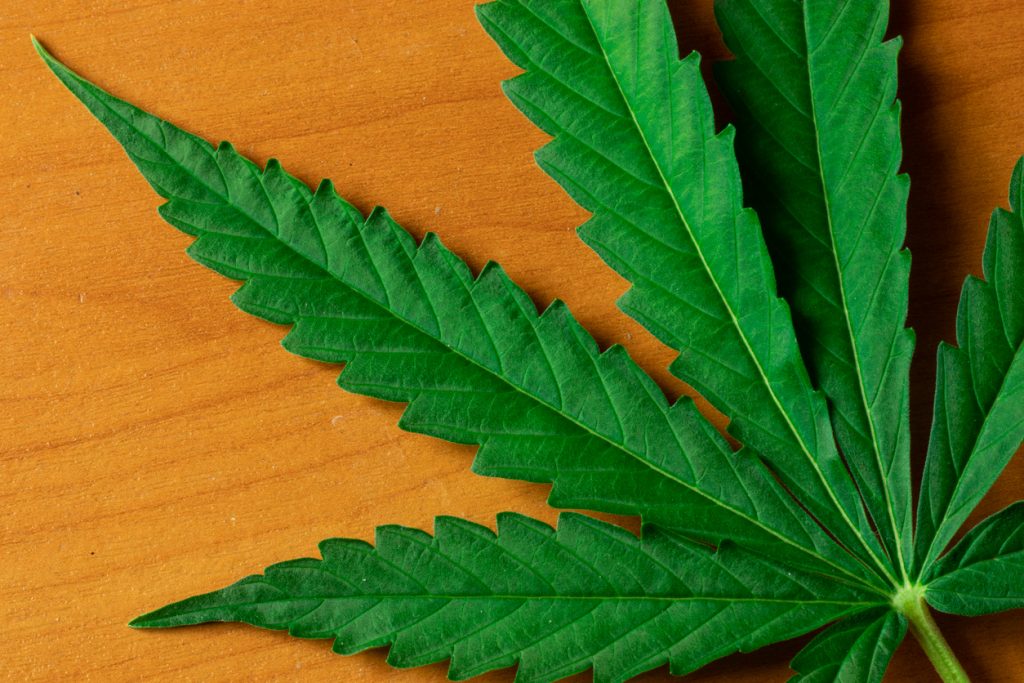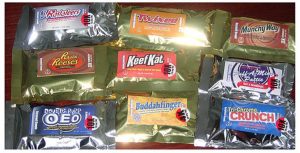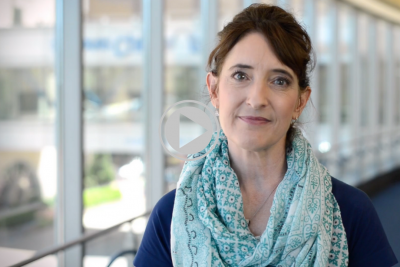April 20 has colloquially become known as Marijuana Day. I recommend we change it to “Talk to your kids about Marijuana day.” Many states have legalized the use of marijuana in adults aged 21 and up. Unfortunately, this will have the unintended side effect of increasing access for teens and marketing that will appeal to teens. Many people commonly perceive marijuana as harmless, and in fact, a recent survey performed among 12 to 17-year-olds showed that there had been a decline in the number of kids who feel that there is any risk to using the drug. While the perception of risk has decreased, the percentage of active THC in the marijuana plant has increased from 4% in the 1980s to 12% in 2012.
Short-Term & Long-Term Effects of Marijuana
Marijuana can cause damage to the developing brain. Brain development starts in utero and continues until age 25. Children exposed to marijuana before birth may go on to have difficulties with problem-solving skills, memory, visual perception, behavior, attention, executive function, and impulse control. Also, adolescents who use marijuana experience both short-term and long-term effects. The short-term effects include poor judgment, lack of concentration, slowed reaction time, and incoordination. Adolescents who drive while under the influence are much more likely to get into car accidents. Marijuana can also cause poor school performance by interfering with memory, attention, and critical thinking. Newer studies are starting to show that marijuana can even cause permanent changes in memory, learning, and thinking.
Start Talking to Your Kids About Marijuana Early
Kids today learn about drugs while they are young, so start talking to your kids early! Teens report that cannabis is easy to get and tends to be the first illegal drug that many kids try. A teenager who has started using marijuana spends less time with family and more time alone or away from home. The teen will often seem moody or irritable. They might begin to skip classes, show up late for school or have a drop in grades. Parents might also notice a loss of interest in hobbies or activities. A teen might come home smelling funny, appear high and seem overly talkative, giggle, have red or glassy eyes and go straight to their room. They might even start to buy t-shirts with pro-marijuana messages or symbols.
Marijuana Edibles & Drinks
Parents may not be aware that cannabis comes in several forms, including edible and drinkable versions. These pose an extreme danger to young children because a marijuana edible closely resembles the normal counterpart. There are several marijuana edibles that resemble popular candy bars. A child who can’t read yet will think they are eating a regular candy bar. Actually, even a child who can read might also think they are eating a regular candy bar because the names on the packages are extremely similar.
The drinks often have subtle labels which would easily go unnoticed by a child. The effects of marijuana are not always immediate, so a child or teen may ingest a dangerous amount before starting to feel sick. Edibles are often responsible for emergency room visits for marijuana poisoning. Signs of overdose can include slurred speech, intoxication, anxiety, panic, dizziness, weakness, and poor coordination. Children can stop breathing and can have heart rhythm disturbances.
Parents can help their kids avoid the pitfalls of marijuana by speaking up early and often about the dangers of drug use. Set expectations and clear limits. Educate your child about peer pressure and teach them ways to say no if peers offer them a questionable item. Help your child cope with troubling emotions like depression and anxiety by getting them care from the appropriate professionals. Marijuana use has been tied to mental health disorders and is often used by teens as an attempt to self-medicate.
Set a Good Example for Your Kids
Lastly, set a good example. Kids are much more likely to use marijuana if they see it being used at home. Even second-hand marijuana smoke can have harmful effects. If you think your child might be addicted to marijuana, call your pediatrician.









Comments